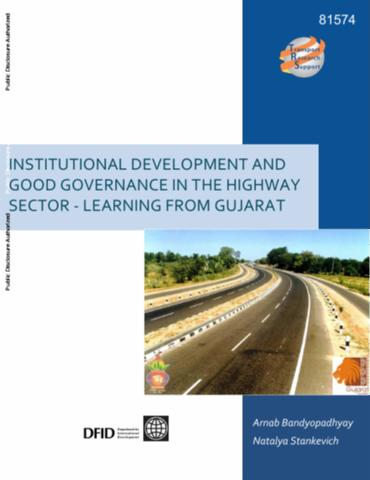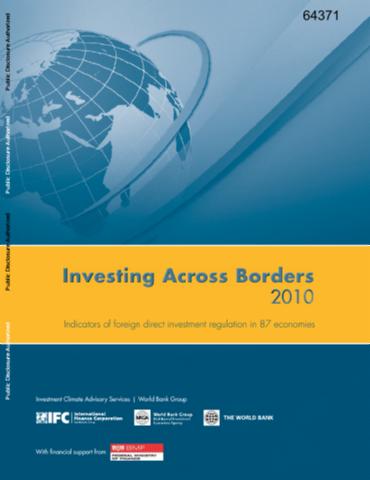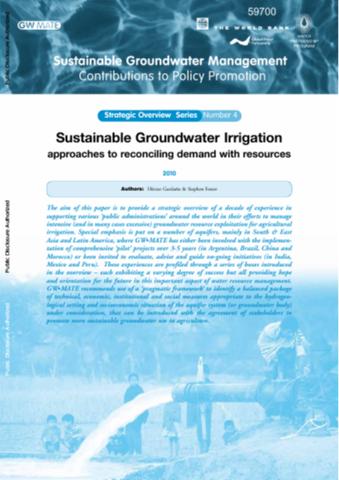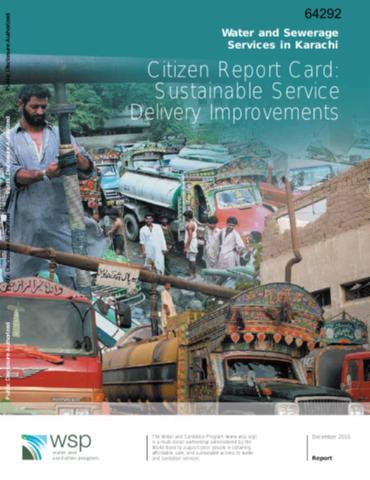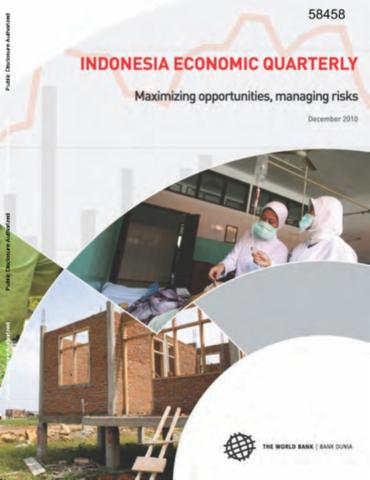The World Bank is a vital source of financial and technical assistance to developing countries around the world. We are not a bank in the ordinary sense but a unique partnership to reduce poverty and support development. The World Bank Group has two ambitious goals: End extreme poverty within a generation and boost shared prosperity.
- To end extreme poverty, the Bank's goal is to decrease the percentage of people living on less than $1.25 a day to no more than 3% by 2030.
- To promote shared prosperity, the goal is to promote income growth of the bottom 40% of the population in each country.
The World Bank Group comprises five institutions managed by their member countries.
The World Bank Group and Land: Working to protect the rights of existing land users and to help secure benefits for smallholder farmers
The World Bank (IBRD and IDA) interacts primarily with governments to increase agricultural productivity, strengthen land tenure policies and improve land governance. More than 90% of the World Bank’s agriculture portfolio focuses on the productivity and access to markets by small holder farmers. Ten percent of our projects focus on the governance of land tenure.
Similarly, investments by the International Finance Corporation (IFC), the World Bank Group’s private sector arm, including those in larger scale enterprises, overwhelmingly support smallholder farmers through improved access to finance, inputs and markets, and as direct suppliers. IFC invests in environmentally and socially sustainable private enterprises in all parts of the value chain (inputs such as irrigation and fertilizers, primary production, processing, transport and storage, traders, and risk management facilities including weather/crop insurance, warehouse financing, etc
For more information, visit the World Bank Group and land and food security (https://www.worldbank.org/en/topic/agriculture/brief/land-and-food-security1
Resources
Displaying 4626 - 4630 of 4907Institutional Development and Good Governance in the Highway Sector
The World Bank financed the Gujarat State Highway Project (GSHP) during 2001-07. The project development objective was to enhance the capacity of the Government of Gujarat (GOG) for effective and efficient planning and management of road infrastructure, while concurrently maximizing existing road infrastructure asset productivity through priority investments and increased maintenance funding. The project not only achieved its objective and targets successfully, but also was implemented with a significant cost reduction (about 23 percent).
Investing across Borders 2010
Investing Across Borders 2010 (IAB) presents cross-country indicators analyzing laws, regulations, and practices affecting foreign direct investment (FDI) in 87 economies. The indicators focus on 4 thematic areas measuring how foreign companies invest across sectors, start local businesses, access industrial land, and arbitrate commercial disputes. The indicators combine analysis of laws and regulations, as well as their implementation.
Sustainable Groundwater Irrigation
The aim of this paper is to provide a strategic overview of a decade of experience in supporting public administrations in their efforts to confront excessive groundwater resource exploitation for agricultural irrigation. Special emphasis is put on a series of on-the-ground pilot projects mainly in South and East Asia and Latin America, which are profiled through a series of boxes introduced in the paper.
Water and Sewerage Services in Karachi
This report discusses the key findings and recommendations emerging from a pilot Citizen Report Card (CRC) on water, sanitation, and sewerage services in Karachi. This initiative comes, on one hand, in the wake of deteriorating services, weakened community interfaces and accountability structures, poor revenue generation and dysfunctional governance structures and, on the other, an emergent consensus to bring in far-reaching institutional reforms that should move beyond financial and technical imperatives.
Indonesia Economic Quarterly, December 2010
The Indonesian economic quarterly reports on and synthesizes the past three months' key developments in Indonesia's economy. Its coverage ranges from the macro economy to financial markets to indicators of human welfare and development. It is intended for a wide audience, including policy makers, business leaders, and financial market participants, and the community of analysts and professionals engaged in Indonesia's evolving economy.






